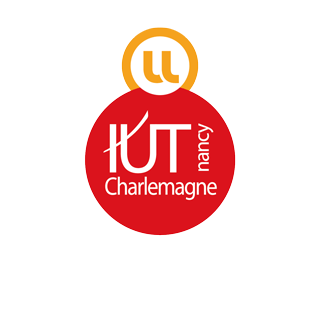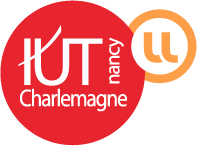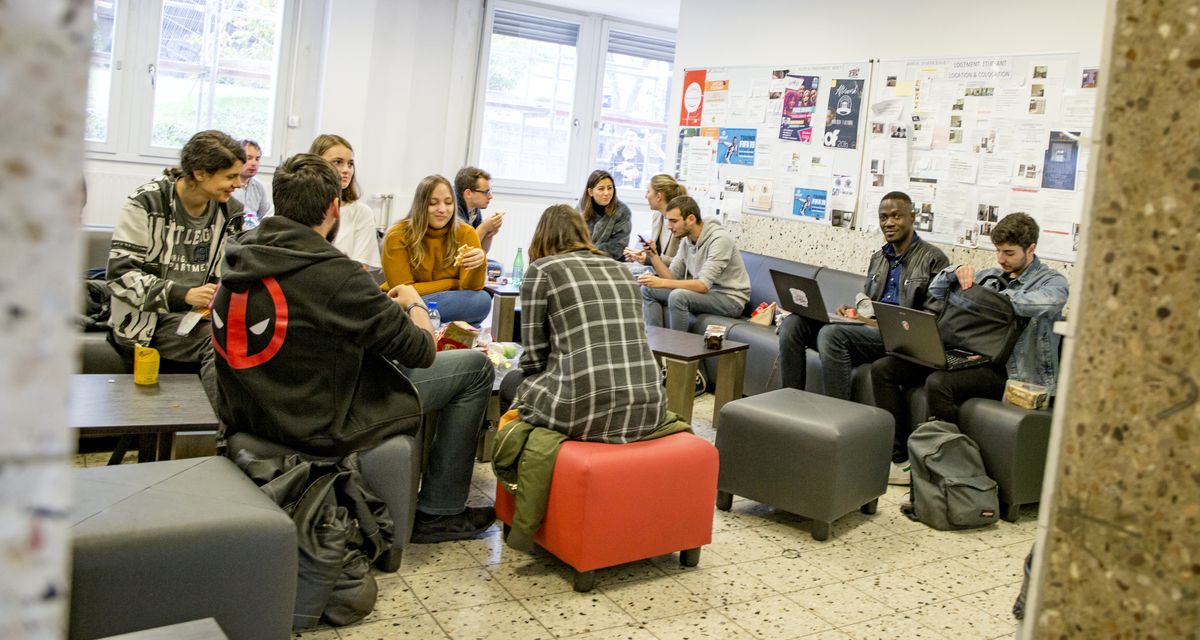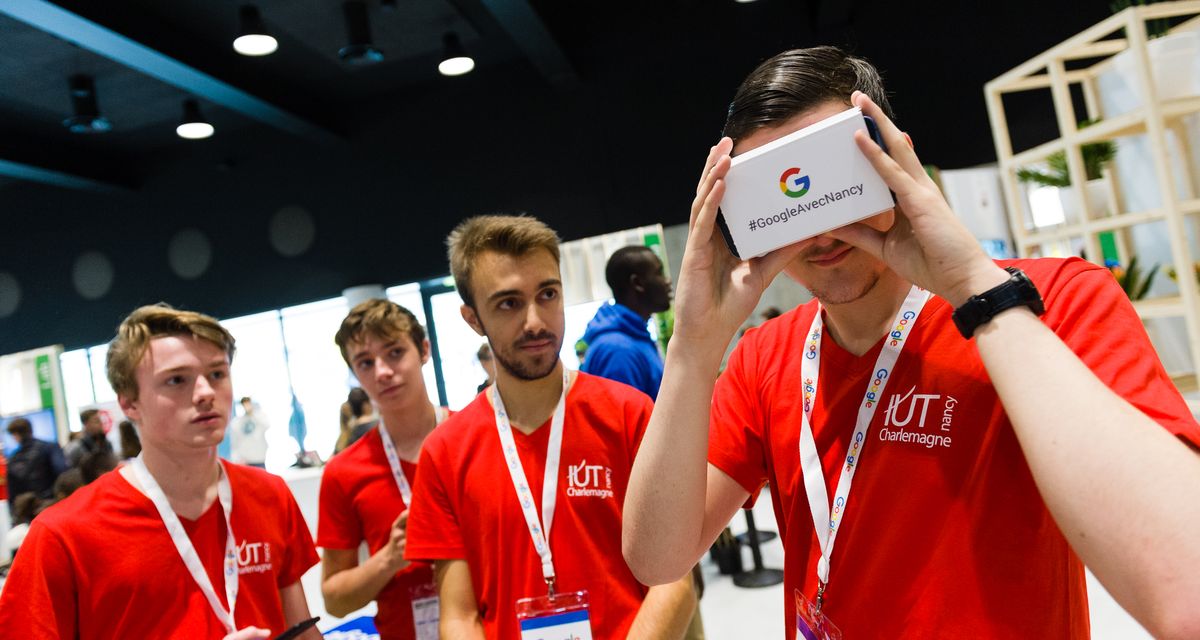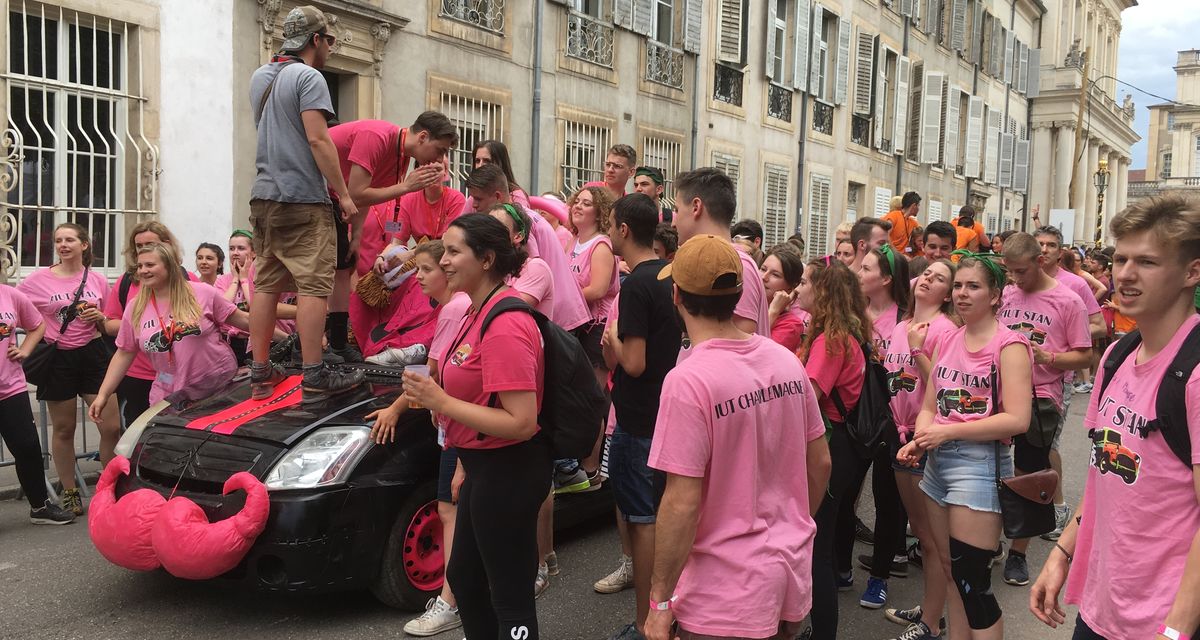Banks
Opening a bank account
If you already have a bank account in your country into which your grant is paid, it is advisable that you open another account in France and get your grant paid into that directly, if at all possible. Getting your grant transferred systematically from your home account into your French account can take longer and can mean paying transfer fees for each transaction. It’s also useful for any payments, or repayments, you are entitled to in France, such as medical expenses refunds, housing or disability allowances, etc. Housing allowances from CAF (Caisse d’Allocations Familiales) will only be paid into a French bank account.
You can open an account at the savings bank at any bank. They all normally function in more or less the same way and they have branches everywhere. If you are not going through an ESN scheme, check the different rates before you make your choice, as ‘special students packs’ are quite usual.
To open a bank account in France, you normally have to present two documents:
- your passport or identity card; and
- a proof of residency in Lorraine (France) such as a rent payment receipt, telephone or electricity bill.
If you are not from an EU state, you will also have to present your residence permit (or an intermediary document, such as a residence permit receipt). You have to show the originals of these documents. Most banks do not accept photocopies.
‘Cartes de credit’ and ‘credit cards’
Normally, within a fortnight after your request, you will have a cheque book and/or a bank machine/debit card. These bank cards are called ‘cartes de credit’ in French, which can be confusing for English speakers as it sounds so much like ‘credit cards’. Payments made on ‘cartes de credit’ come directly out of your bank account, unlike ‘credit cards’, such as MasterCard or Visa, where funds are not taken directly from your account but where you are charged very high rates of interest if you don’t pay within a specified time after receipt of your monthly account.
These ‘cartes de credit’ are used to pay immediately for goods, or to withdraw money from an ATM (automatic telling machine) at a savings bank, a bank, or a post office: we are simply going to refer to this type of card as a ‘bank card’ from now on. Payments of small amounts by cheque, bank or credit card (€ 10 or € 15) can be refused in some shops, in which case you will have to pay by cash. As in most countries, not all bank cards are accepted in all ATMs – find out from your bank where yours is accepted.
Obviously, if you have an ‘international’ bank card from your home country, such as Plus, Cirrus, Interac, Maestro, Carte bleue, or EC-Card, you can use it in France to directly access funds in your home account. Equally, if you have a credit card, such as MasterCard or Visa, this can also be used in France. Again, it can normally also be used to take cash directly from your home account, but in this case those high interest rates apply immediately.
International Relations for incoming students
Contacts
- Katia GÉRARDIN
- 0033/ (0)37274 33 60 / 61
- iutnc-international[at]univ-lorraine.fr
Opening hours
open from 8:30 to 12:30 and from 13:30 to 17:00
wednesday
open from 8:30 to 12:00 and from 13:30 to 17:00
friday
open from 8:30 to 12:30 and from 13:30 to 16:00
Download our welcome guide
Search
Nos équipes pédagogiques se mobilisent pour votre réussite et s’engagent pour votre succès !
Choisir l’IUT Nancy-Charlemagne
C’est intégrer une formation universitaire ouverte sur la vie professionnelle, en cohérence avec vos ambitions et vos objectifs. Au sein de l’Université de Lorraine, l’IUT Nancy-Charlemagne possède de nombreuses formations dans les domaines du commerce, de l’informatique, de l’information-communication, de la gestion et du multimédia. L’IUT vous propose 17 parcours de B.U.T., 1 Licence Professionnelle et 2 Diplômes d’Université permettant une insertion professionnelle immédiate ou une poursuite d’études.
Apprendre autrement, la pédagogie de la réussite
Les enseignements sont dispensés en petits groupes de travail favorisant l’accompagnement et le suivi de chaque étudiant, évalué en contrôle continu. Des projets tutorés, des Saé (situation d'apprentissage et d'évaluation) ainsi que 22 à 26 semaines de stage en entreprise, en France ou à l’étranger, vous permettent de découvrir le monde professionnel. Vous bénéficiez également, lors des cours, de la présence de nombreux intervenants extérieurs en prise directe avec les milieux professionnels.
